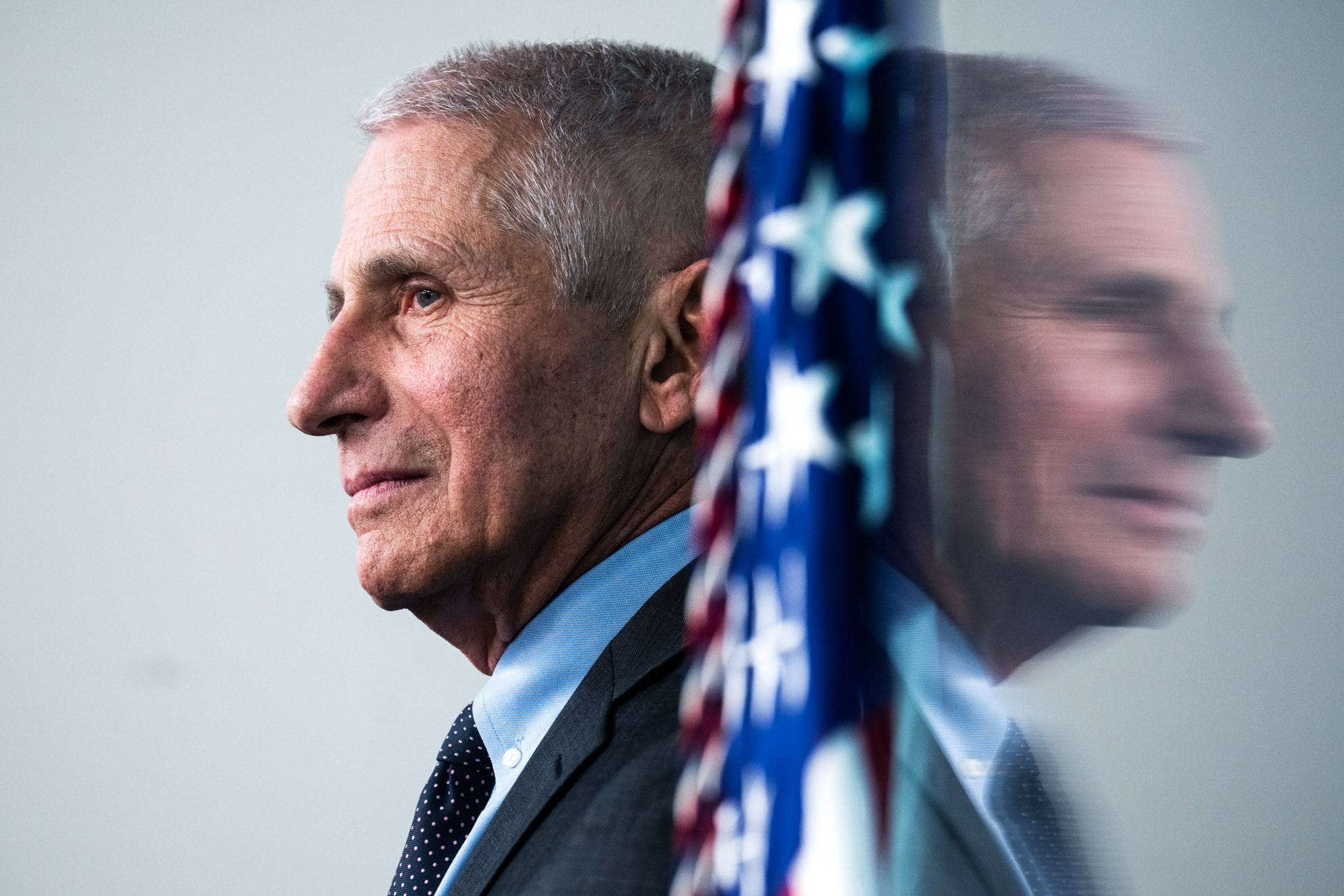According to Dr. Anthony Fauci, one of the country’s biggest challenges in preparing for the next pandemic has little to do with a novel pathogen or virus, but the “normalization of untruth” that has become part of the political debate.
“There’s so much misinformation and disinformation out there that the scientific method and approach is given short shrift as if it’s as invalid as anything else,” Fauci said at a UCSF event organized by Center for Pandemic Preparedness and Response and the Institute for Global Health Sciences.
Fauci became perhaps the country’s most famous doctor in his role helping to lead the federal government’s response to the Covid pandemic as the director of the National Institute of Allergy and Infectious Diseases and the chief medical advisor to President Joe Biden. He stepped down last year.
Fauci said one of the major lessons the country has learned over the past three years is dealing with the reality that pandemics occur and can have global impacts.
“They are not theoretical, and they’ve been with us before history was recorded,” Fauci said.
Fauci grouped his experience with Covid in two overlapping categories: scientific preparedness and the public health response. He said the big success in Covid was in the unprecedented speed of the vaccine development. Where the country fell short was in its public health response, particularly at the local level, and how that fit together with a national and international strategy.
In his leading role organizing the country’s response to HIV/AIDS—including spearheading the President’s Emergency Plan for AIDS Relief program credited with saving 25 million lives—Fauci said one of its major tactics was being proactive in allocating research dollars toward emerging issues.
What leaves him dismayed, though, is the lack of infectious disease talent coming up through the ranks to help prepare for the eventuality of the next pandemic. According to data from the National Resident Matching Program, a mere 56% of infectious diseases training programs filled their fellowship slots last year, compared to 90% or more in most other specialties.
“To me, it’s almost paradoxical,” Fauci said. “The last three years have been dominated by an infectious disease that has essentially ground the activities of the planet to a halt for a considerable period of time.”
Fauci highlighted long standing diseases like malaria or tuberculosis he termed “forever pandemics” that should warrant just as much attention.
“Just because something has been pandemic for centuries doesn’t mean that it’s not amenable to the same sort of full-court press that you put on addressing a brand-new emerging outbreak,” Fauci said. “In the 21st century, we have brand-new technologies and innovations that we didn’t have 40, 50, 60 years ago.”
Fauci was also asked for his thoughts on the lab leak theory for Covid’s origins, which purports that the virus escaped from a laboratory in China rather than emerged through animal populations that spilled over into humans. The Department of Energy recently reported that a lab leak was the most likely scenario that led to the initial outbreak in Wuhan; other U.S. agencies have come to different conclusions.
Fauci underscored the importance of tracing the pandemic’s beginning and the need “to keep a totally open mind as to know it happened.” Although scientific data strongly supports the idea of a natural occurrence, according to Fauci, it should be assumed that a laboratory leak is a possibility.
“Instead of burning up so much energy politicizing that now, why don’t we say both are possible and put our efforts into preventing either of them from ever happening again,” Fauci said.
Fauci, who acted as an adviser for seven presidents during his career in government service, was also asked how he persisted through the political divisiveness he experienced during the pandemic.
“You never, ever throw in the towel,” Fauci said, referencing Robert DeNiro as Jake LaMotta in Raging Bull. “He was up against the rope, and Sugar Ray Robinson kept on punching him and punching him. He didn’t go down. You don’t go down.”
